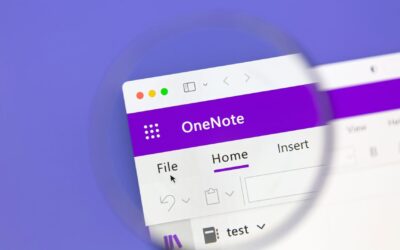The operations of a business relies on constant connectivity in order to be able to communicate at all times. If an employee is on the go or works remotely, they likely have or need to acquire a travel device such as a laptop or tablet. Sure, that $2,000 iPad looks sweet, but are you really getting your money’s worth? Do you actually need to carry around a full computer if you’re just checking email and checking the web? There are many questions to ask yourself when comparing a laptop or tablet, such as:
- What purpose does your travel device serve?
- Are you simply checking emails, or are you editing presentations, doing payroll or working with a complex database?
- Is this going to be your main computer that you will also be taking on the road?
- Do you have a budget and are you getting your money’s worth?
- What’s the most you want to spend on this device?
- After you spend this money, will your device have all of the features you need?
Tablets
Tablets are all the rage these days. They are sleek, have a fun app market and are easily portable. You can get a tablet for about the same cost as a cheap computer. While they are slim and light weight, they are not small enough to fit in your pant pocket. You will want to get a carrying case or bag. You also won’t get the same ports on your device as you would on a laptop. If you are considering a tablet, ask yourself:
- Do I need HDMI to connect to a projector?
- How about USB ports for quick and easy printing?
- Will I need to connect to an Ethernet cable when there is no Wi-Fi?
- What programs will I use?
Check with your IT team to see if there are mobile apps for your line of business applications. You won’t want to spend hundreds of dollars on a new system and not be able to actually perform all of your day-to-day business functions.
Laptops/Ultrabooks/Netbooks
Laptops are generally heavier and larger than most tablets. The additional weight can be bulky and a pain when you are on the go. However, what they lack in space efficiency, is made up for with computing power and features. Not only are netbooks more cost effective, but they also have a full computer with an operating system that can handle almost all line of business applications. Since the computer will be running a Windows operating system, your IT team will be able to more effectively troubleshoot and support it for any software or hardware issues.
At the end of the day, every user and every business has different needs. The average user may not even be aware of all of the technology options on the market. I would recommend checking with your IT services company. They’ll be able to walk you through your options and give you the pros and cons of each device.
[include id=”13″ title=”Blog CTA How To Find The Right IT Services Provider”]
Ben Bernstein, Systems Administrator
Our goal for this blog is to answer the questions you ask. If you have any questions about tablets, laptaps or any other topic please email me at [email protected]. To learn more about IT subscribe to our blog.




